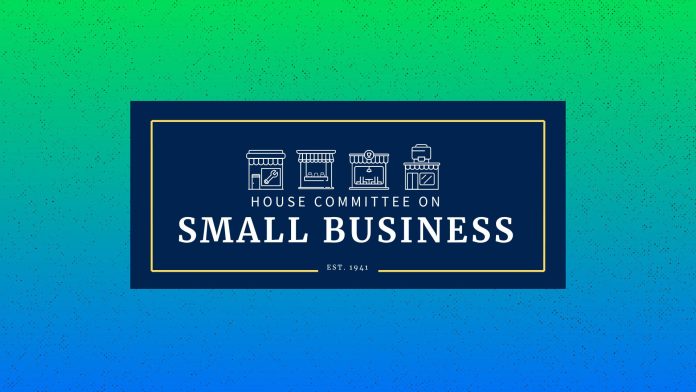A new legislative initiative aims to bolster the accountability of the Small Business Administration (SBA) in combating fraudulent claims made during the COVID-19 relief programs, a pressing concern for many small business owners. The proposed SBA Fraud Enforcement Extension Act, spearheaded by House Committee on Small Business Chairman Roger Williams (R-Texas) and Senate Committee on Small Business and Entrepreneurship Chair Joni Ernst (R-Iowa), seeks to extend the statute of limitations for prosecuting fraud associated with relief funds.
The bill is a response to a report indicating the SBA failed to pursue nearly two million individuals suspected of fraudulently obtaining pandemic assistance. As these programs provided crucial support during the pandemic, the misappropriation of funds has left many legitimate small business owners feeling vulnerable, especially those who struggled to secure funding for their operations.
Chairman Williams stated, “The SBA distributes millions of dollars to small businesses in need every year. However, where small business owners found the capital needed to stay afloat during the COVID-19 pandemic, bad actors saw the opportunity to defraud the government. It is imperative that every fraudster who stole and exploited taxpayer dollars during our nation’s utmost hour of need be prosecuted to the full extent of the law.”
The SBA Fraud Enforcement Extension Act proposes to extend the statute of limitations for fraud related to the Shuttered Venue Operators Grant (SVOG) and the Restaurant Revitalization Fund (RRF) to ten years. This mirrors previous legislation that extended the statute of limitations for the Paycheck Protection Program (PPP) and COVID Economic Injury Disaster Loans (EIDL) to the same duration. By doing so, lawmakers aim to ensure that fraudsters are not able to escape justice due to bureaucratic delays.
Chair Ernst echoed these sentiments, asserting, “I will not allow criminals to run out the clock and escape justice simply because the Biden administration was asleep at the wheel. Thousands of hardworking small businesses were deprived of desperately needed relief because swindlers, gang members, and felons cashing in on COVID drained the programs. Every single con artist who stole from taxpayers will be held accountable.”
These efforts come amid alarming reports that individuals—including noted celebrities—have exploited the relief funds for personal luxuries rather than supporting struggling businesses. A Business Insider article highlighted instances where prominent figures utilized taxpayer-funded grants for extravagant expenditures like private jets and luxury items, further exacerbating the frustrations of genuine small business owners who sought similar aid in their times of need.
The implications of the SBA Fraud Enforcement Extension Act for small businesses are significant. It aims to restore integrity to the relief programs and ensure that funds reach the businesses that genuinely need them. For small business owners, this legislative move could potentially lead to increased trust in the SBA as an institution dedicated to supporting rightful beneficiaries rather than allowing fraudulent claims to proliferate unchecked.
However, small business owners should be aware of potential challenges associated with the act. Extending the statute of limitations may result in a heavier bureaucratic workload for the SBA, which could cause further delays in the distribution of aid. Moreover, as enforcement practices tighten, legitimate businesses may find themselves under increased scrutiny as agencies seek to distinguish between fraudsters and genuine applicants.
The ongoing investigation and legislative scrutiny surrounding COVID relief funds signal a critical juncture for the SBA and those it serves. The focus on accountability could result in a more efficient system that not only recovers lost funds, but also establishes safeguards to protect future relief distributions.
When considering the implications of the SBA Fraud Enforcement Extension Act, small business owners must stay informed on legislative developments that may impact their access to relief resources, and remain proactive in safeguarding their interests as the landscape of small business support evolves.
For further details, you can read the full press release on the Small Business Committee’s website here.
Image Via BizSugar



